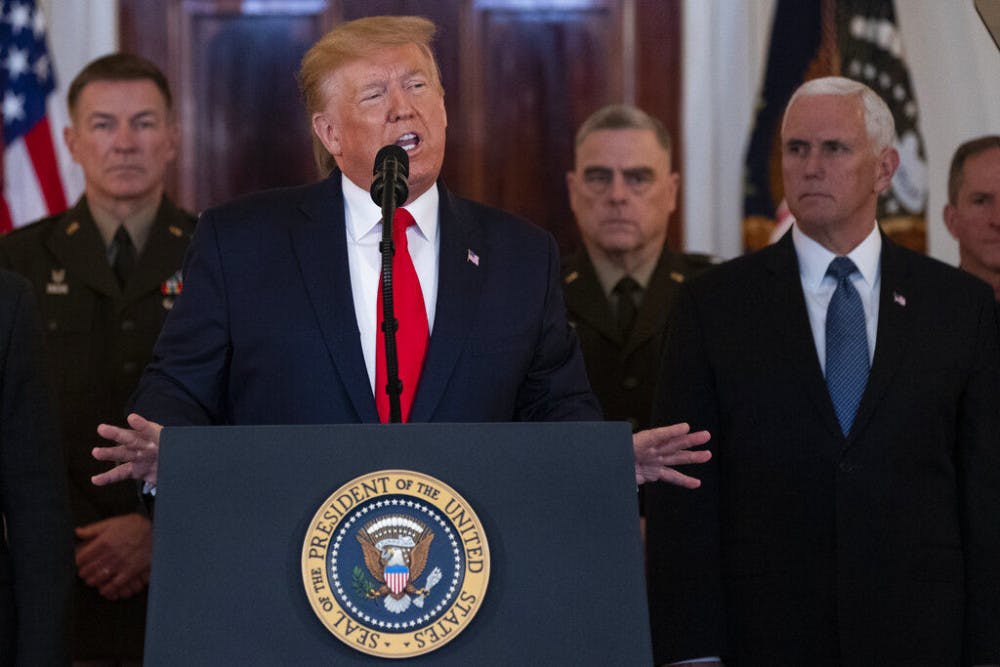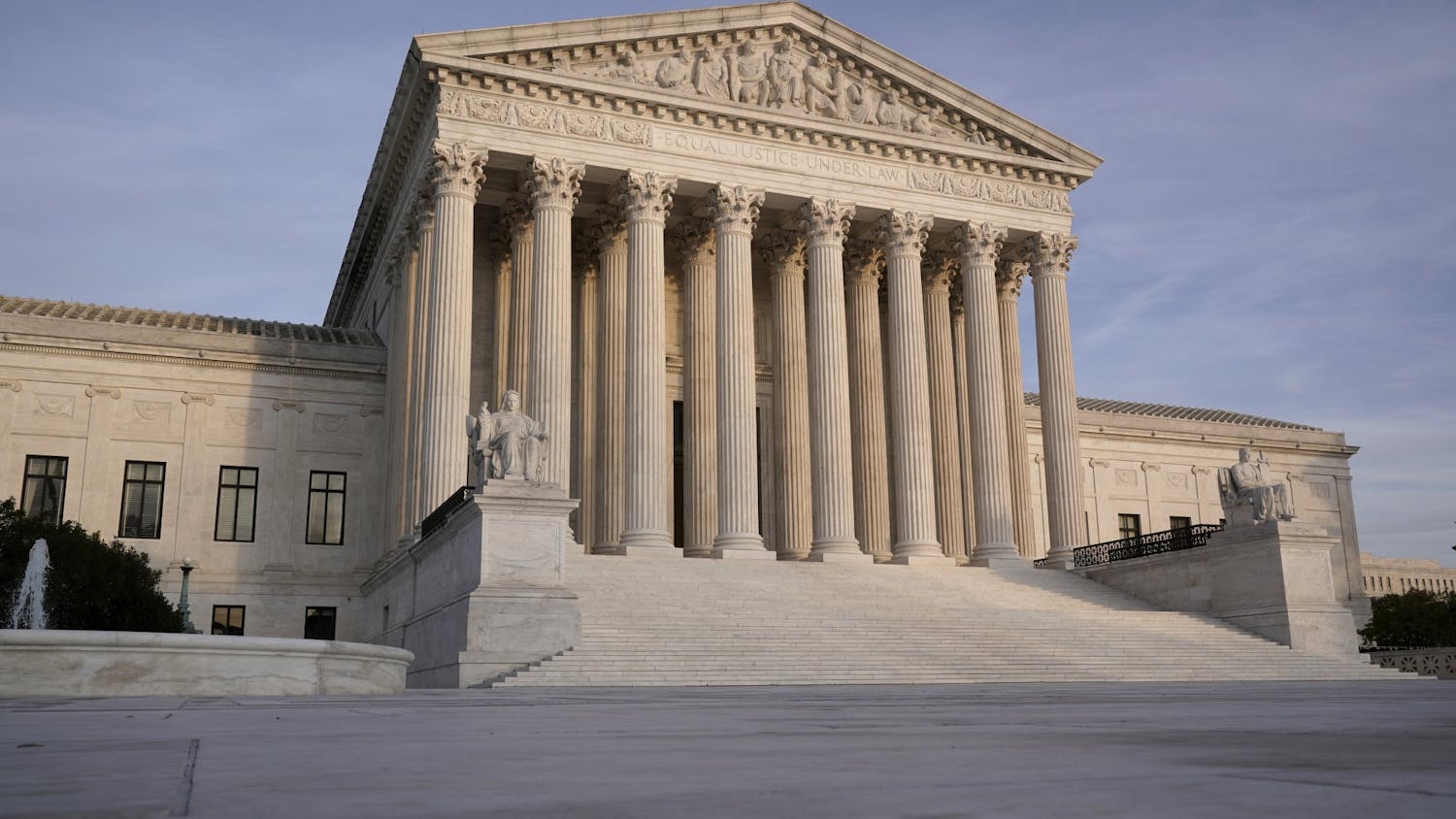Citizens from seven additional countries could now be restricted from entering the United States due to an expansion of President Donald Trump’s travel ban.
Countries that may be added include Belarus, Myanmar, Eritrea, Kyrgyzstan, Nigeria, Sudan and Tanzania, according to The Associated Press. Iran, Libya, Somalia, Syria, Yemen, Venezuela and North Korea were affected under the original ban in 2017. The restrictions are meant to prevent potential terrorists from countries that do not properly vet travelers to the U.S., according to the Wall Street Journal.
The proposed countries will not be finalized until Trump’s official announcement on Monday, and the government has currently listed exceptions to obtain a visa or refugee status, The Associated Press reported. Applicants must have business ties or family in the U.S., which can be through a parent, spouse, child, sibling, son-in-law, daughter-in-law or fiancee.
However, some UF students worry about the negative impacts this government decision could have on their lives.
Mumtaz Abdulhussein, whose family is Tanzanian of Indian descent, said she is frustrated that Tanzania and Nigeria are included in the ban, but not Saudi Arabia. She said the administration simply doesn’t have the correct information.
“It’s a contradiction of who we are — how we choose the people we exclude and include,” the 20-year-old UF political science and economics junior said.
While Abdulhussein views the proposal from the perspective of her family background, Valentina Fandino, the president of Gators for Refugee Medical Relief, sees the proposal as a threat to refugees in the Middle East and Asia.
Although the Trump administration cites national security reasons to support the ban, Fandino said she believes there is underlying racism motivating it. She worries that immigrants from countries on the list will face additional discrimination.
“There’s absolutely no reason, in my opinion, for us to continually marginalize groups of people who are already facing extreme poverty,” the 22-year-old UF master of public health candidate said.
Gators for Refugee Medical Relief has helped refugees from Syria, Myanmar and the Democratic Republic of the Congo by donating toys, medical supplies, and fundraising and tutoring kids in Jacksonville, according to its Facebook page.
Refugees from these countries face a number of obstacles when settling in the U.S., such as learning English and assimilating into American culture, often with little assistance from the government, Fandino said.
Fandino said based on conversations she’s had with refugees, she’s learned they could potentially be jailed or even killed for things they say in their home countries.
“We have to be honest and realize that all of these families and these people aren’t doing this out of choice,” Fandino said. “They really are doing it because they have no other options. There’s no other hope. And for us to turn our backs on them, it’s just un-American.”
Contact Samantha Chery and Grethel Aguila at schery@alligator.org and gaguila@alligator.org. Follow them on Twitter @SammyChery4276 and @GrethelAguila.
President Donald Trump addresses the nation from the White House on the ballistic missile strike that Iran launched against Iraqi air bases housing U.S. troops, Wednesday, Jan. 8, 2020, in Washington, as Chairman of the Joint Chiefs of Staff Gen. Mark Milley, Vice President Mike Pence, and others look on. (AP Photo/ Evan Vucci)






